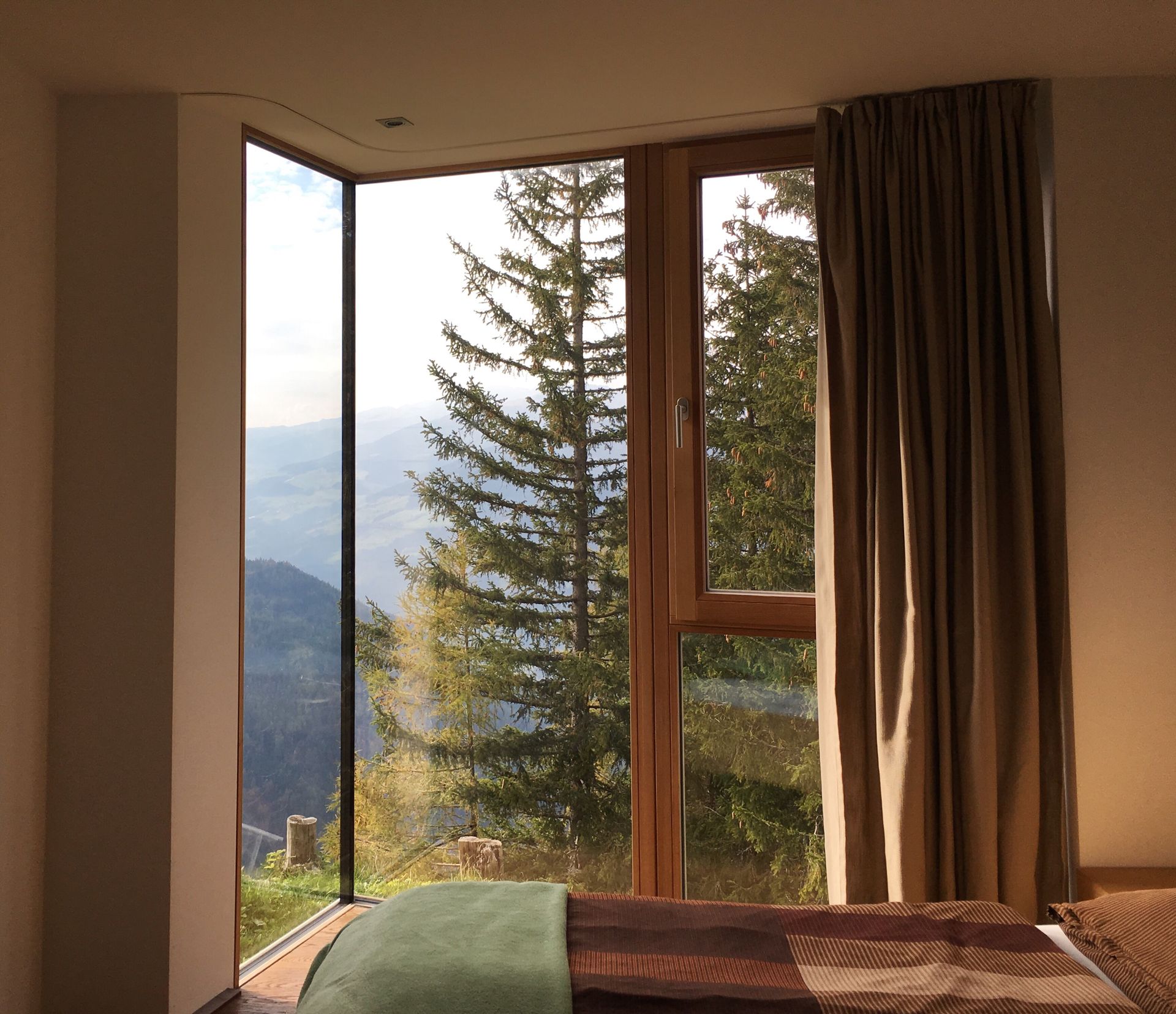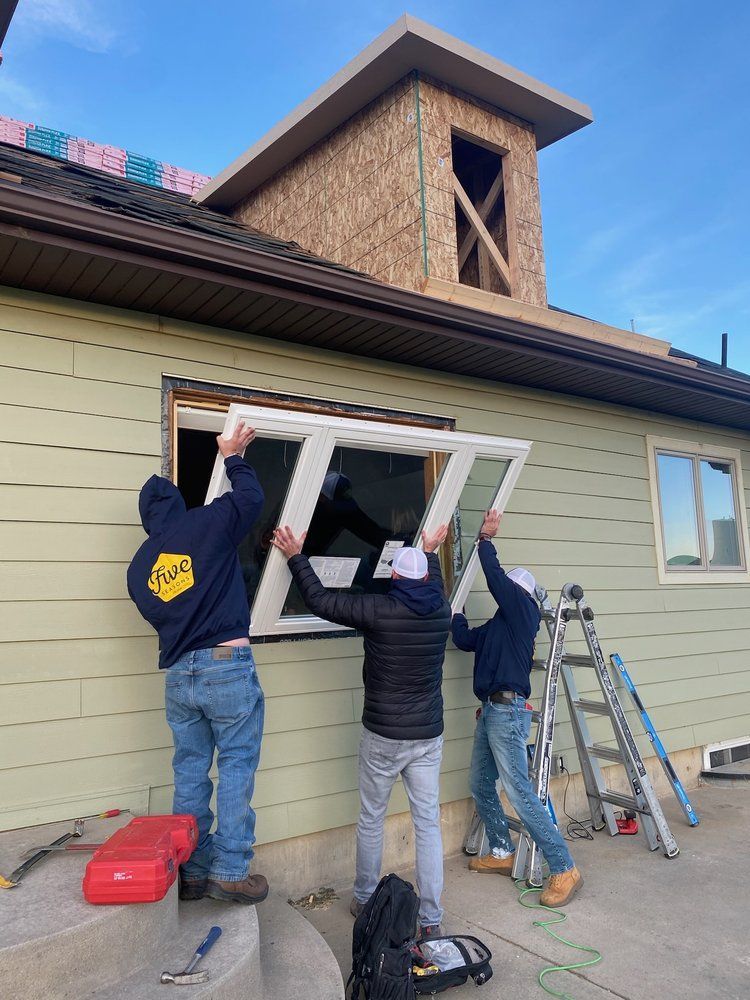In Colorado, window installation estimates typically range from $600 to $1,200 per window, depending on factors like window type, home layout, materials, and regional labor costs.
Pricing also varies with local factors like weather demands, terrain accessibility, and seasonal labor trends. That’s why it’s essential to request detailed, written quotes that break down material and labor costs—especially when comparing multiple contractors across Colorado’s diverse regions.
According to Remodeling Magazine’s Cost vs. Value Report, homeowners in the Mountain Region recover nearly 69% of their investment on upscale window replacements at resale—demonstrating that proper installation isn’t just a cost, but a long-term gain. Additionally, Energy Star estimates show that replacing single-pane windows with energy-efficient models can save Colorado homeowners up to $465 annually on heating and cooling costs.
Let’s break down the key factors influencing your window installation estimate—and what to watch out for to ensure you get full value.
What Goes Into a Window Installation Estimate
Every estimate should include several core components: materials (the windows themselves), labor, disposal of old windows, and sometimes permit costs. The type of window—double-hung, picture, casement, or custom-shaped—can raise or lower the cost significantly. Energy-efficient options like double or triple-pane glass, Low-E coatings, and argon gas fills also add to material pricing but often result in long-term savings.
Contractors may also factor in trim work, insulation, or special hardware. A detailed estimate will separate material and labor costs, giving you better visibility into where your money is going. It’s important that homeowners understand which parts of the quote are optional upgrades and which are required for code compliance.
Installation methods and structural preparation also impact the final quote. For example, full-frame replacements will cost more than insert installations. Be sure your quote indicates the type of install being performed and any necessary wall or frame alterations.
Lastly, high-quality estimates often include timeline details, warranty outlines, and any limitations. This information can be essential when comparing contractors and preparing your renovation schedule.

Regional Factors That Affect Colorado Window Pricing
Window installation pricing can vary widely depending on location within Colorado. For example, mountain towns like Aspen or Vail may see higher transportation and labor costs compared to metro areas like Denver or Colorado Springs. Snow-heavy areas often require more weather-resistant installation practices and materials, which can raise both labor time and cost.
Additionally, rural homeowners might pay more simply due to limited availability of installers and increased travel fees. It’s essential to work with professionals who understand the region-specific demands.
Altitude is another consideration. Higher elevations bring colder temperatures and greater UV exposure, requiring windows with higher performance ratings. Installers in these areas are familiar with the needs of mountain homes and may price accordingly.
Finally, local code variations and municipal permit fees may influence estimate totals. A trustworthy contractor should explain these regional differences clearly in the proposal.
How Home Type and Window Quantity Influence Estimates
Older homes or those in historic districts may require custom window shapes, upgraded materials to meet local codes, or special permitting—all of which affect estimates. Homes with multiple stories or complex layouts often need more setup time, specialized equipment, or additional labor.
Framing quality also matters. Deteriorated or misaligned frames can add hours of labor and additional materials. If structural repairs are needed, they can drastically affect both the timeline and total price.
On the other hand, replacing many windows at once often results in volume discounts. Some contractors offer reduced rates per window when the job includes ten or more units. Grouping window replacements into a single project also minimizes disruptions and leads to scheduling efficiency.
For homeowners aiming to modernize their entire home or improve energy performance across the board, investing in a large window replacement project may offer the best return on investment.
Seasonal Timing and Its Impact on Pricing
Window installation is busiest during spring and summer in Colorado. Demand spikes during these months, which can drive prices higher and result in longer lead times. Installers often offer incentives or discounts for off-season jobs, such as late fall or early winter installations.
That said, weather conditions may impact scheduling, especially in mountain regions. Shoulder seasons like March–April or September–October often provide the best balance of availability and pricing.
Homeowners should also consider the potential for last-minute delays due to unexpected weather events. Sudden cold snaps, snowstorms, or heavy rains can impact job timelines.
Booking early and asking about seasonal pricing trends can give you a negotiation edge. If flexibility is possible in your timeline, scheduling just before or after peak season can save hundreds.
Longevity and Warranties on Insulated Vinyl Windows
Many modern insulated vinyl windows come with warranties ranging from 20 years to a lifetime for residential use. This reflects the confidence manufacturers have in their durability.
Thanks to UV-resistant coatings and stable vinyl compounds, these windows resist fading, chalking, and cracking. Unlike wood, they do not require repainting or sealing every few years. With proper care and installation, it’s common for vinyl windows to last 25–30 years or more in Colorado conditions.
Homeowners should still review warranty terms carefully. Look for coverage that includes frame integrity, hardware, and insulated glass failure—especially in high-altitude environments.
Choosing Between National Chains vs. Local Installers
National companies may offer broader financing options, brand-name products, and standardized warranties. However, their quotes may come with higher labor charges and limited flexibility for customization.
Local installers often provide more hands-on service, regional expertise, and personalized estimates. They may also be more willing to match pricing or suggest alternative options based on your property’s needs.
Smaller businesses might have better knowledge of local building codes and climate-specific needs. Their personalized service often results in better communication and job satisfaction.
When comparing, prioritize transparency, service reputation, and responsiveness—not just price. Reading reviews and asking for references is key in making an informed decision.
Financing Options and Payment Plans
Many Colorado installers offer 0% financing for 6 or 12 months, or low-interest plans spread over several years. These programs can make higher-quality windows more accessible, but it’s important to understand how financing impacts the final project cost.
Some payment plans include hidden fees or processing charges. Others may limit your ability to negotiate the estimate. Always ask for total project cost with and without financing before you commit.
Certain plans may come with penalties for early payoff or tie you into proprietary products. Read the fine print and clarify terms before applying.
Financing can be an excellent tool—but only when it aligns with your long-term budget and goals. Don’t let promotional terms distract you from evaluating the full scope of the estimate.

What’s Included in a Window Installation Estimate?
A professional estimate should outline:
● Labor costs (including removal of old windows)
● Window materials and hardware
● Insulation and sealing materials
● Cleanup and disposal
● Permit fees (if applicable)
● Warranty details
If any of these are missing or unclear, request clarification. Estimates that seem too low may be excluding critical steps or services.
Some high-quality estimates also include contingencies for potential surprises, such as hidden rot or structural damage. These sections help avoid last-minute charges or disputes.
Ensure you receive the estimate in writing, with itemized costs. Verbal agreements are difficult to enforce and lead to confusion during installation.
Common Estimate Mistakes That Cost Homeowners Later
Homeowners often fall into the trap of choosing the lowest quote without reading the fine print. Some quotes leave out fees for trim work, hauling debris, or correcting structural issues found mid-installation.
Another mistake is failing to ask whether the estimate is fixed or subject to change. Reputable companies will commit to a final number unless conditions change significantly after inspection.
It’s also common to overlook warranty details. Some low-cost quotes offer minimal post-installation support, leaving you unprotected if issues arise.
Avoid these mistakes by reviewing the full scope, asking about exclusions, and verifying credentials. A good quote should leave nothing to guesswork.
How to Evaluate an Estimate Beyond Price
Don’t just compare the bottom line. Review what materials are being used—brand, energy efficiency ratings, and build quality all matter. Ask about warranty terms, who performs the installation (in-house or subcontracted), and whether the installer is licensed and insured in Colorado.
Look for a quote that explains every part of the job and welcomes your questions. Transparency is often a signal of a trustworthy contractor.
Dig deeper into project timelines, disposal practices, and post-installation support. A contractor willing to walk you through these details is usually worth the investment.
Finally, consider how well the estimate matches your expectations and goals. If something seems unclear, a second opinion is never a bad idea.
People Also Ask About
What’s the average cost for window installation in Colorado?
Most homeowners in Colorado can expect to pay between $600 and $1,200 per window, depending on window type, home complexity, and installer rates. This price usually includes materials, labor, and disposal. Keep in mind that specialty windows or homes requiring structural work may exceed this range.
It’s important to get multiple quotes and ensure your estimate is itemized. This allows for clearer comparison and helps prevent surprise fees down the line.
Is it cheaper to replace all windows at once?
Yes, replacing multiple windows often reduces the per-unit cost. Installers save time and setup costs when doing bulk work, and they may pass those savings on to the homeowner.
Additionally, doing the job all at once avoids multiple disruptions and allows for better insulation results across the entire home. Contractors may also include special promotions or discounts for large projects.
Do window companies in Colorado offer free estimates?
Most reputable companies do offer free written estimates after an in-home consultation. Avoid any installer that charges for a basic quote unless it involves structural assessments.
A free estimate should include an itemized list of materials, labor, and any added services. Clarify whether the quote is firm or subject to change.
How long does window installation take?
For most homes, window installation takes 30 to 60 minutes per window, depending on accessibility and condition of the existing frames. A full-day job can cover 6 to 10 windows.
Complex projects, like those involving stucco, multi-story access, or structural repairs, may extend the timeline. Be sure to confirm projected timeframes during the estimate phase.
Should I get multiple quotes for window replacement?
Absolutely. Comparing at least 2–3 estimates ensures you understand market pricing and helps you avoid overpaying or missing key services in your project scope.
Multiple quotes also help gauge contractor professionalism, responsiveness, and clarity. Use this opportunity to ask questions and compare how well each company communicates.
Our Take
At Five Seasons Windows and Doors, we believe a well-prepared estimate is the foundation of a successful window replacement project. In Colorado’s unpredictable climate, there’s no room for vague quotes or shortcuts.
We recommend every homeowner get at least three estimates from companies familiar with regional codes and weather conditions. Be sure to read each quote line-by-line, and don’t hesitate to ask questions.
To understand the value of high-performance windows, check out our guide on the real benefits of insulated vinyl windows for Colorado living.
Final Takeaway
Window installation estimates in Colorado vary based on location, timing, home type, and product selection. Understanding what goes into each quote allows you to budget wisely and avoid costly surprises.
Detailed estimates should include all key costs, from labor to materials, and should clearly explain what’s included. Don't settle for vague pricing.
By taking time to compare, question, and evaluate quotes thoroughly, Colorado homeowners can ensure they’re getting not only a fair price but also the best quality and service for their investment.
A well-informed decision now can mean decades of energy savings, improved comfort, and lasting value for your home.
Get Started Today
Five Seasons Windows & Doors is Colorado’s top-rated local window company with 230+ 5-star reviews. We offer expert advice, no-pressure quotes, and flexible project options — including phased installs. Schedule your consult today.



